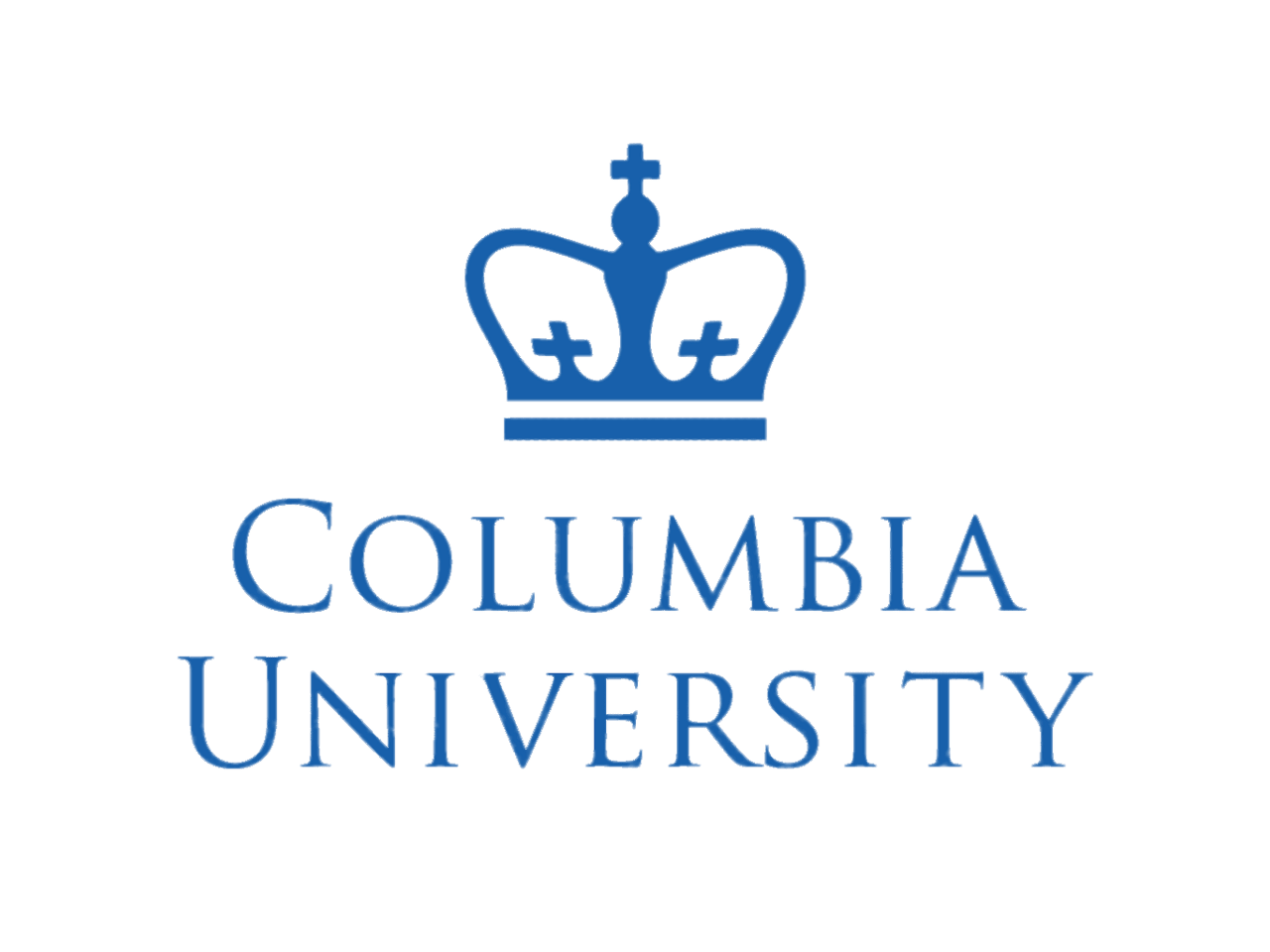Everything You Need to Know About The Coding School's Summer Research Program by Columbia University
In today’s competitive academic landscape, gaining practical and hands-on experience in fields like data science and its cutting-edge applications can add enormous value to your profile. One way to do so is to attend a program like The Coding School’s Summer Research Program. Participating in a research program like this will not only sharpen your technical skills but also showcase your commitment to innovation and learning, making it a valuable addition to your college applications.
In this blog, we’ll go over everything you need to know about The Coding School's Summer Research Program by Columbia University. Let’s get into it!
What is the Coding School’s Summer Research Program?
The Coding School’s Summer Research Program is a five-week virtual research and internship initiative designed to equip high school students with advanced knowledge and practical research skills in data science and its applications. Hosted at Columbia University, this program provides in-depth training in data science at a college level and the opportunity to assist PhD researchers on real-life projects.
This allows it to serve as a bridge between theoretical concepts and practical applications, enabling you to contribute to meaningful research projects. You will be collaborating with faculty and industry professionals on real-world challenges, gaining insights into problem-solving, coding skills in R, and data visualization.
How is the program structured?
The Summer Research Program consists of two main components:
Weeks 1-2: This is the preparatory period of the program, where you will learn in-depth data science theory and all the skills you need to conduct research. This includes:
The programming language R
Understanding data visualizations
The basics of data analysis
How to perform web scraping
Techniques in data cleaning and wrangling
The basics and importance of research protocol
Weeks 3-5: Equipped with knowledge from the first two weeks, you will join a research team with PhD researchers and put your newfound skills to the test working on a real-life research project with them.
The program also provides a collaborative learning experience and gives you the chance to practice your presentation and communication skills. You’ll have access to Columbia University’s state-of-the-art facilities and resources, including industry-standard software, research labs, and online tools.
The mentorship component is a standout feature, allowing you to work with professional researchers, industry experts, as well as Columbia faculty who guide your work and help you navigate complex topics.
Is it prestigious?
The Coding School’s Summer Research Program is a rigorous program with plenty of applications, making the admissions process competitive. If accepted into this program, you will benefit from exceptional networking opportunities, connecting with experts, faculty, and like-minded peers. The program’s affiliation with Columbia University further enhances its prestige, as it provides you with a chance to learn at one of the world’s top research institutions.
Who is eligible to apply?
To apply for the Summer Research Program, you simply need to be a high school student in grades 10-12. No prior STEM experience is required.
How does the application process work?
The applications for the batch are not yet open; fill out the interest form for updates on the incoming session. An important part of the application is a 300-500 word statement of interest that highlights your interest in learning data science and research. Admissions are processed on a rolling basis, and need-based scholarships are available for eligible, US-based students.
Pros and cons to consider
Pros:
Access to world-class mentorship: You will get to learn from Columbia University faculty, PhD researchers, as well as industry professionals in data science.
Opportunity to conduct hands-on research: The program offers the chance to gain experience with real-world projects that have tangible impacts.
Plenty of networking opportunities: You’ll get to build connections with peers, faculty, and industry leaders.
Access to industry-standard resources: You will learn about the methodologies and tools used in real data science projects across the world.
Cons:
The cost may be high: The program may be expensive, though financial aid can help offset costs.
It is quite time-intensive: The schedule is demanding, requiring full commitment and focus.
There is no in-person component: While the experience is rich and in-depth, it is conducted 100% virtually, which may be a drawback if you’re looking for a more immersive experience.
Our Review
The Coding School’s Summer Research Program at Columbia University is a unique opportunity for any high schooler serious about data science and its applications and impact. It combines rigorous academic training, practical experience, and mentorship in a program that prepares you for the challenges of higher education and beyond. If you’re ready to deepen your understanding of data science and gain tangible experience in its applications, this program could be a good fit.
If you’re looking to build a project/research paper in the field of AI & ML, consider applying to Veritas AI!
Veritas AI is founded by Harvard graduate students. Through the programs, you get a chance to work 1:1 with mentors from universities like Harvard, Stanford, MIT, and more to create unique, personalized projects. In the past year, we had over 1000 students learn AI & ML with us. You can apply here!
Image Source - Columbia University Logo

